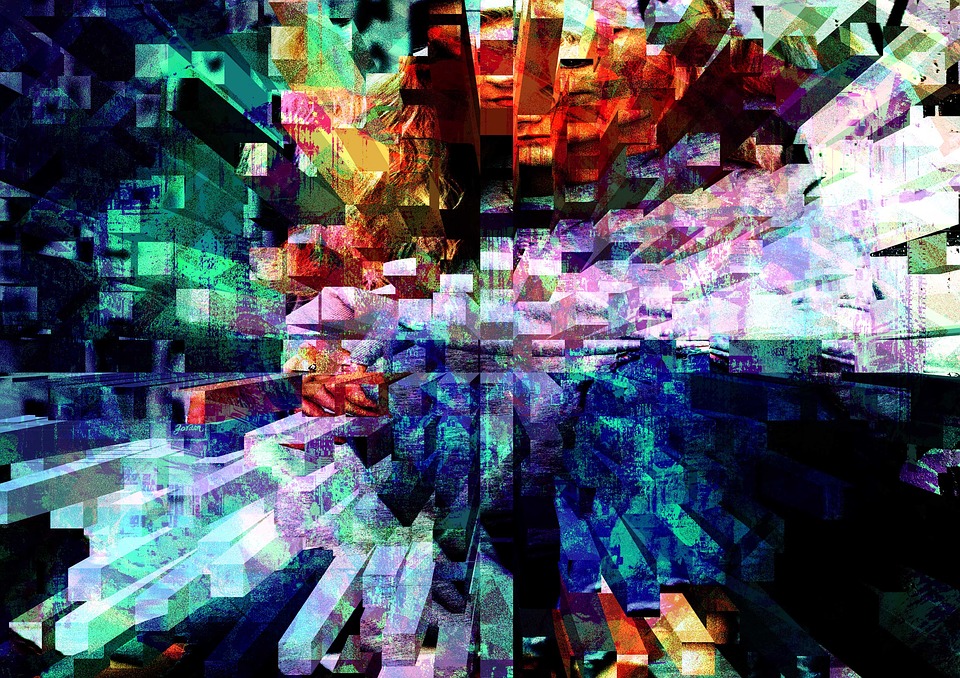Mathew Dalgleish (University of Wolverhampton)
PDF Download
Abstract
Many people with a disability play games despite difficulties in relation to access or quality of experience. Better access is needed, but there has been limited industry interest. For players with motor impairments the focus has been on the controller. Numerous solutions have been developed ...
WaTa Fight! How situated multiplayer competitive gaming can facilitate the inclusion of low vision and blind players
Luca Imbriani (School of Design, Politecnico di Milano), Ilaria Mariani (ImagisLab, Department of Design, Politecnico di Milano), Maresa Bertolo (ImagisLab, Department of Design, Politecnico di Milano)
PDF Download
Abstract
This paper explores the need for a competitive game for sighted and blind players alike, its effectiveness in fighting prejudices and how it ...
Haptic Interfaces for Individuals with Visual Impairments
Benjamin Vercellone (Missouri Department of Social Services), John Shelestak (Department of Biological Sciences, Kent State University), Yaser Dhaher (Department of Mathematics, Kent State University) and Robert Clements (Department of Biological Sciences, Kent State University)
PDF Download
Abstract
Vision enables a person to simultaneously perceive all parts of an object in its totality, ...
The Whose View of Hue?: Disability adaptability for color blindness in the digital game Hue
Theo Plothe (Savannah State University)
PDF Download
Abstract
Hue is a successful digital game from the independent game company, Fiddlesticks, that is focused around color theory. The game’s core concept, however, made digital game play impossible for players who are colorblind. Hue’s built-in and customizable game modes allow colorblind players to use ...
Digital Games for Special Needs; Special Needs for Digital Games
Enrico Gandolfi (Kent State University), Kaybeth Calabria (Franciscan University of Steubenville), Richard E. Ferdig (Kent State University)
PDF Download
There are two disparate ways to describe the relationship between digital games and special needs (i.e., physical, cognitive and even socio-cultural conditions than require specific interventions in everyday life routines, learning activities, ...

G|A|M|E Issue 7, 2018 – Digital Games for Special Needs; Special Needs for Digital Games
Issue 7, 2018 - Digital Games for Special Needs; Special Needs for Digital Games
Edited by E. Gandolfi, K. Calabria, R.E. Ferdig
Summary
Vol. 1 – Journal (peer-reviewed)
Index
vol. 1, 2017 - Journal (peer-reviewed)
E. Gandolfi, K. Calabria, R.E. Ferdig - Introduction
M. Dalgleish - There are no universal interfaces: how asymmetrical roles and asymmetrical ...
Reducing Bias Through Gaming
Karen Schrier (Marist College)
PDF Download
Abstract
How can games be used to reduce biases and biased behavior toward those people with special needs—if at all? In this paper I contextualize biases toward people with special needs, and also investigate possible intervention to encourage bias reduction. I also provide particular attention to ...
